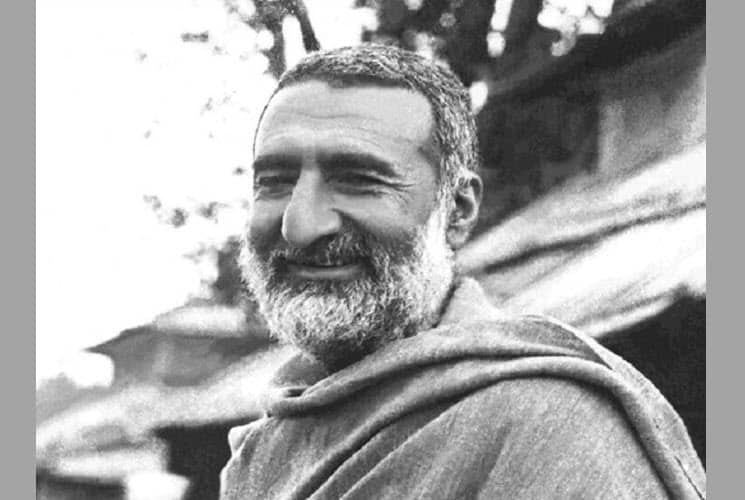Abdul Ghaffar Khan: Nonviolent Warrior of the Pashtuns

Abdul Ghaffar Khan (6 February 1890 – 20 January 1988) was a Pashtun independence activist, and founder of the Khudai Khidmatgar resistance movement against British colonial rule in India. He was a political and spiritual leader known for his nonviolent opposition and lifelong pacifism; he was a devout Muslim and an advocate for Hindu–Muslim unity in the subcontinent.
Life and Career
Khan Abdul Ghaffar Khan, also known as Bacha Khan, was born on February 6, 1890, in the town of Utmanzai, in what is now Pakistan. He hailed from the Pashtun community and belonged to the Khilafat Movement. Khan’s early life was marked by his father’s strong emphasis on education, which instilled in him a deep commitment to education and social reform.
Khan Abdul Ghaffar Khan is best known for his role in advocating for the rights of the Pashtun people and his commitment to nonviolent resistance against British colonial rule in India. He founded the Khilafat Movement in the Northwest Frontier Province (now Khyber Pakhtunkhwa, Pakistan) to mobilize the Pashtuns against British oppression.
He later founded the Khilafat Tehreek or Khilafat Movement, which aimed to unite Muslims in India against British colonialism. He was a close ally of Mahatma Gandhi and played a significant role in the Indian freedom struggle through nonviolent means. Khan also established the Khilafat schools to promote education among the Pashtun community.
Education was a fundamental value for Khan Abdul Ghaffar Khan. He recognized its importance in bringing about social change and upliftment. He worked tirelessly to establish schools and educational institutions, particularly focusing on the education of girls. He believed that education could empower individuals to lead their communities towards progress and enlightenment.
Khan Abdul Ghaffar Khan passed away on January 20, 1988, in Peshawar, Pakistan, at the age of 97. His death marked the end of an era for the Pashtun community and the broader Indian subcontinent. He left behind a legacy of nonviolent resistance, social reform, and a commitment to education.
Award and Legacy
Abdul Ghaffar Khan’s contributions to the Indian freedom movement and his advocacy for nonviolent resistance earned him several accolades. He was awarded the Bharat Ratna, India’s highest civilian award, in 1987, a year before his death. His legacy lives on as a symbol of courage, social reform, and nonviolent struggle. Khan Abdul Ghaffar Khan’s efforts to uplift the Pashtun community, promote education, and fight for justice have left a lasting impact on the region. His philosophy of nonviolence and his commitment to the welfare of his people continue to inspire individuals and movements striving for positive change and social justice.
In recent years, efforts have been made to highlight Khan Abdul Ghaffar Khan’s contributions beyond national borders, recognizing his significance as a global advocate for peace and social transformation through nonviolence.
Observer Voice is the one stop site for National, International news, Sports, Editor’s Choice, Art/culture contents, Quotes and much more. We also cover historical contents. Historical contents includes World History, Indian History, and what happened today. The website also covers Entertainment across the India and World.

